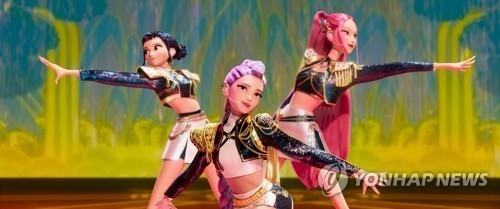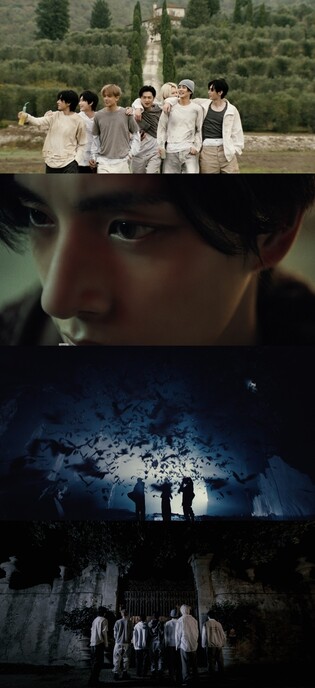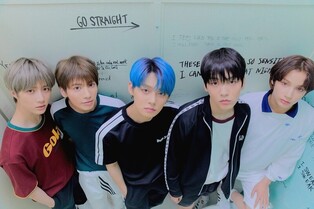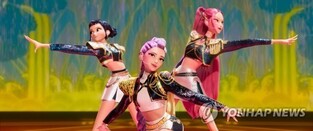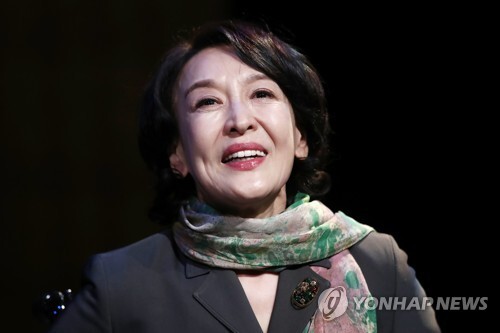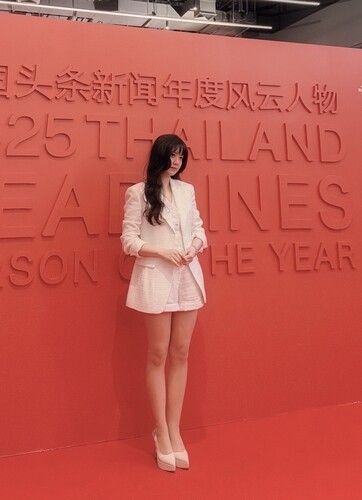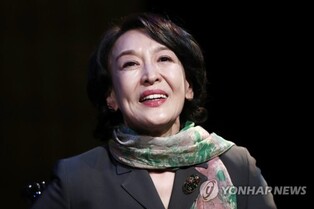 |
| ▲ Sen. Marco Rubio testifies before a Senate Foreign Relations Committee hearing on his nomination to be Secretary of State, on Capitol Hill in Washington on Jan. 15, 2025 in this photo released by AFP. (Yonhap) |
 |
| ▲ Sen. Marco Rubio, President-elect Donald Trump's nominee to be secretary of state, looks on as he testifies during a Senate Foreign Relations Committee confirmation hearing on Capitol Hill in Washington on Jan. 15, 2025 in this photo released by Reuters. (Yonhap) |
(2nd LD) Rubio-confirmation hearing
(2nd LD) Rubio decries 'dictators' in N.K., Russia, Iran, accuses China of 'stealing' its way to superpower status
(ATTN: ADDS more remarks in paras 15-16, 19-20)
By Song Sang-ho
WASHINGTON, Jan. 15 (Yonhap) -- U.S. Secretary of State nominee Marco Rubio on Wednesday accused "rogue states" and "dictators" in North Korea, Russia and Iran of sowing "chaos" and "instability," and China of having "lied, cheated and stolen" its way into a global superpower status at the expense of the United States.
During a confirmation hearing at the Senate Foreign Relations Committee, the Florida senator emphasized his commitment to incoming President Donald Trump's America First agenda, saying placing the interest of America and Americans "above all else" has never been "more relevant or more necessary" than it is at present.
In November, Trump nominated Rubio as his top diplomat -- a post facing a full plate of foreign policy challenges, including an intensifying rivalry with China, Russia's war in Ukraine and North Korea's evolving security threats to name a few.
"In Moscow, in Tehran, in Pyongyang, dictators and rogue states now sow chaos and instability, and align with and they fund radical terror groups, and they hide behind their veto power at the U.N. Security Council or the threats of nuclear war," he said in his opening statement.
On China, the nominee showed his hard-line stance, adding to speculation that Sino-U.S. tensions would deepen during the second Trump administration.
"We welcomed the Chinese Communist Party into the global order, and they took advantage of all of its benefits and they ignored all of its obligations and responsibilities," he said.
"Instead, they have lied, cheated, hacked and stolen their way into global superpower status, and they have done so at our expense and at the expense of the people of their own country."
Touching on the Taiwan issue, the nominee raised concerns over the possibility of China invading the self-governing island democracy, which Beijing claims as part of its territory under a one-China principle.
"I think we need to wrap our head around the fact that unless something dramatic changes, like an equilibrium, where they conclude that the costs of intervening in Taiwan are too high, we're going to have to deal with this before the end of this decade."
On the North Atlantic Treaty Organization (NATO), Rubio pointed out that NATO member states are 'rich' and should contribute more to their defense.
Trump has said NATO states should spend 5 percent of gross domestic product on defense -- much higher than the current 2 percent guideline of the alliance. The demand has raised the prospects of the incoming president asking South Korea and other allies to increase their security contributions.
"I think there's been broad acknowledgement across Europe and across multiple administrations, both Republican and Democrat, that our NATO partners ... these are rich, advanced economies, need to contribute more to their own defense and ultimately to the NATO partnership as well," he said.
He went on to say that what matters is for the U.S. not just to have defense allies, but to have "capable" allies that are able to defend their region.
Still, he underscored the importance of the transatlantic alliance, calling it "very important" and "very useful."
Regarding Russia's protracted war in Ukraine, he asserted the need to end it -- a task that he said will require "bold" diplomacy.
"It is important for everyone to be realistic. There will have to be concessions made by the Russian Federation, but also by the Ukrainians," he said. "It's also important that there be some balance on both sides."
Rubio showed his negative view on the postwar global order, under which he believes countries have manipulated to serve their interest at the expense of America.
"The postwar global order is not just obsolete; it is now a weapon being used against us," he said. "And all this has led us to a moment in which we must now confront the single greatest risk of geopolitical instability and generational global crisis in the lifetime of anyone alive here today."
He underscored his readiness to realize Trump's America First credo, saying every policy the U.S. purses must be justified with the answer to three questions: whether it makes America "safer," "stronger," and "more prosperous."
"Under President Trump, the dollars of hardworking American taxpayers will always be spent wisely and our power will always be yielded prudently, and toward what is best for America and Americans above all else," he said.
(END)
(C) Yonhap News Agency. All Rights Reserved


















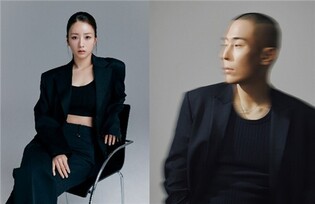
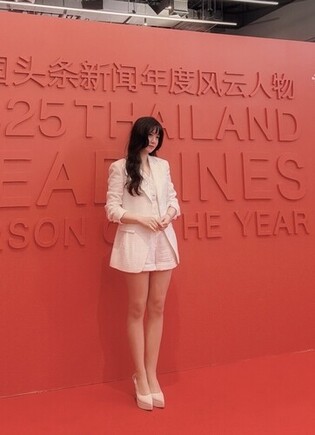



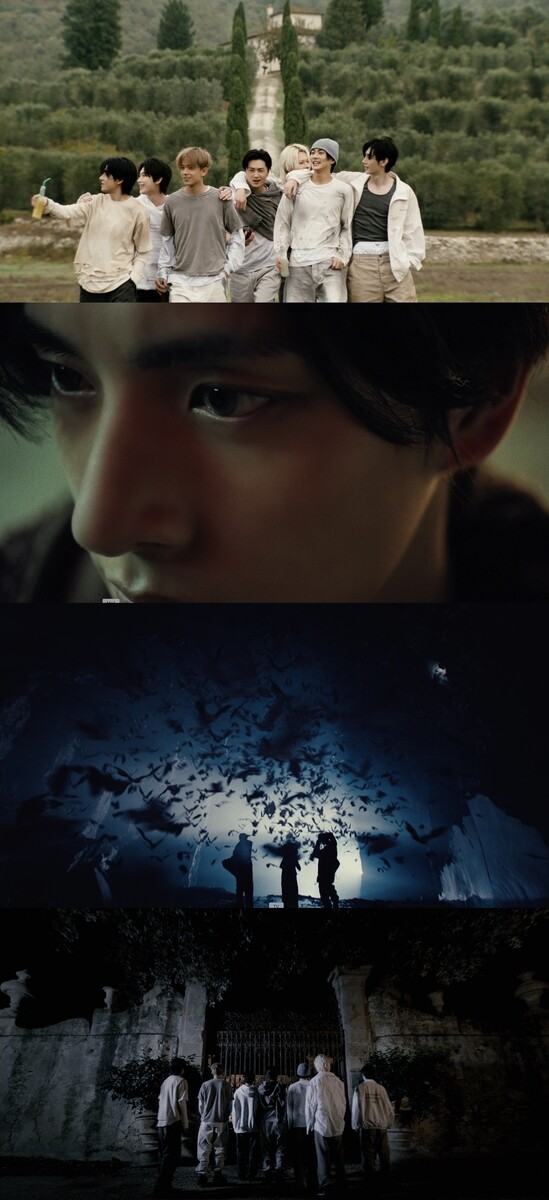
![[가요소식] TXT](/news/data/20251220/yna1065624915960696_833_h2.jpg)
